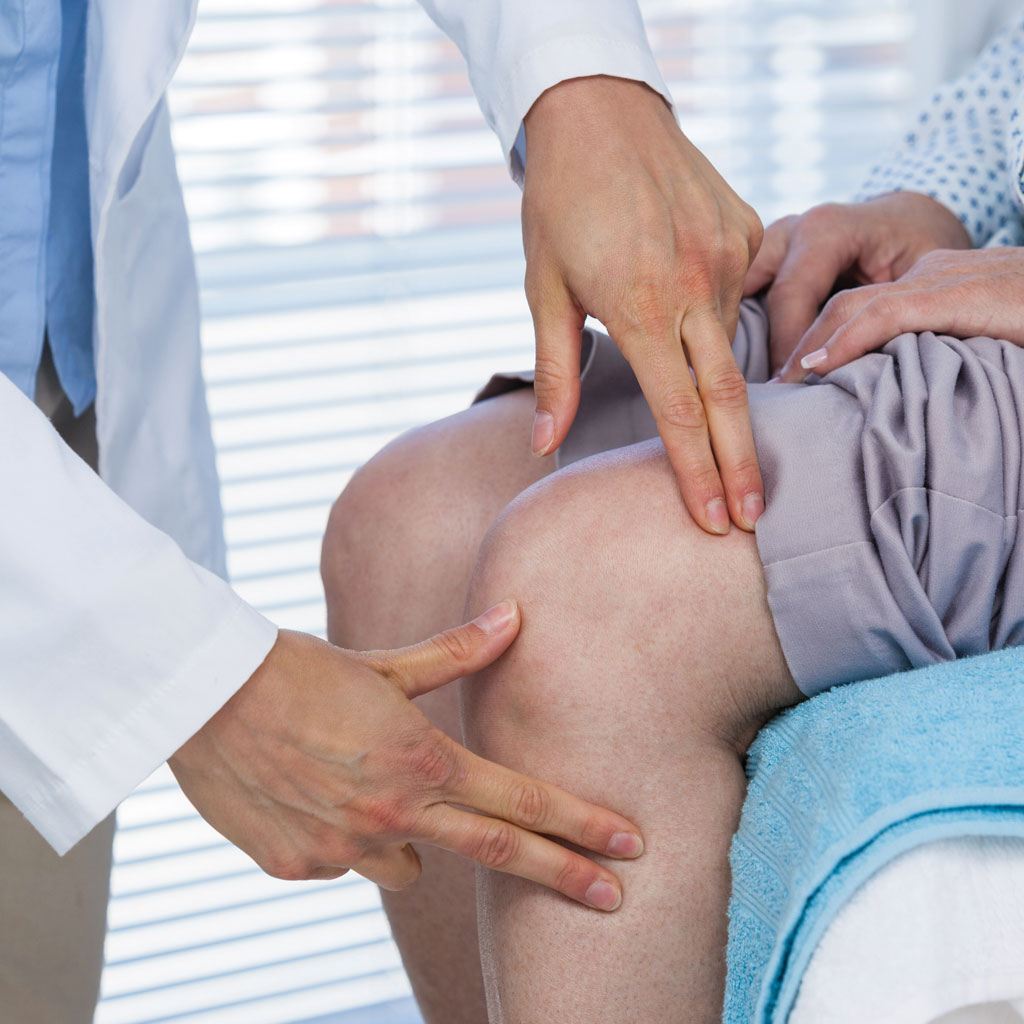Knee pain can be a debilitating condition, affecting millions worldwide and significantly impacting daily life. One of the leading causes of knee pain is knee osteoarthritis (OA), a progressive degenerative joint disease that gradually wears down the protective cartilage in the knee joint. In this blog, we delve into the key factors contributing to knee osteoarthritis and explore alternative options to knee replacement surgery.
The Culprits Behind Knee Osteoarthritis
Knee osteoarthritis develops over time due to various factors, and understanding these can be crucial for effective management and prevention. One primary cause is the natural aging process, where the wear and tear on the knee joint accumulate over the years, leading to cartilage deterioration. Additionally, genetics play a role, as individuals with a family history of osteoarthritis may be more susceptible.
Another significant contributor is obesity. The excess weight puts additional stress on the knee joints, accelerating the wear and tear process. Studies have consistently shown a strong correlation between obesity and the development of knee osteoarthritis. Maintaining a healthy weight can thus be a powerful preventive measure. The added weight increases the load on the knee joints during daily activities, such as walking and climbing stairs, exacerbating joint damage.
Alternative to Knee Replacement Surgery
For those suffering from knee osteoarthritis, knee replacement surgery may be the conventional approach. However, there are alternative options to knee replacement that can provide relief and improve joint function without resorting to surgery. Physical therapy, targeted exercises, and lifestyle modifications, such as weight management, can be instrumental in alleviating knee pain and improving overall joint health.
Today, and after many thousands of procedures safely performed, genicular artery embolization (GAE) is filling an important gap in the available treatments for OA. On average, pain scores decrease from 8 out of 10 before GAE to 3 out of 10 a week after the procedure. Complications are extremely low, and having the procedure does not disqualify the patient from having knee replacement surgery in the future if it’s needed.
By maintaining a healthy weight and exploring non-surgical alternatives, individuals can mitigate the progression of knee osteoarthritis and enhance their overall quality of life. Remember, a proactive approach to joint health today can lead to a more pain-free and active tomorrow.
We encourage you to learn the facts before deciding which procedure is right for you. If you would like more information about GAE, including a brochure you can share with your doctor, please call us at 947-228-5500.

